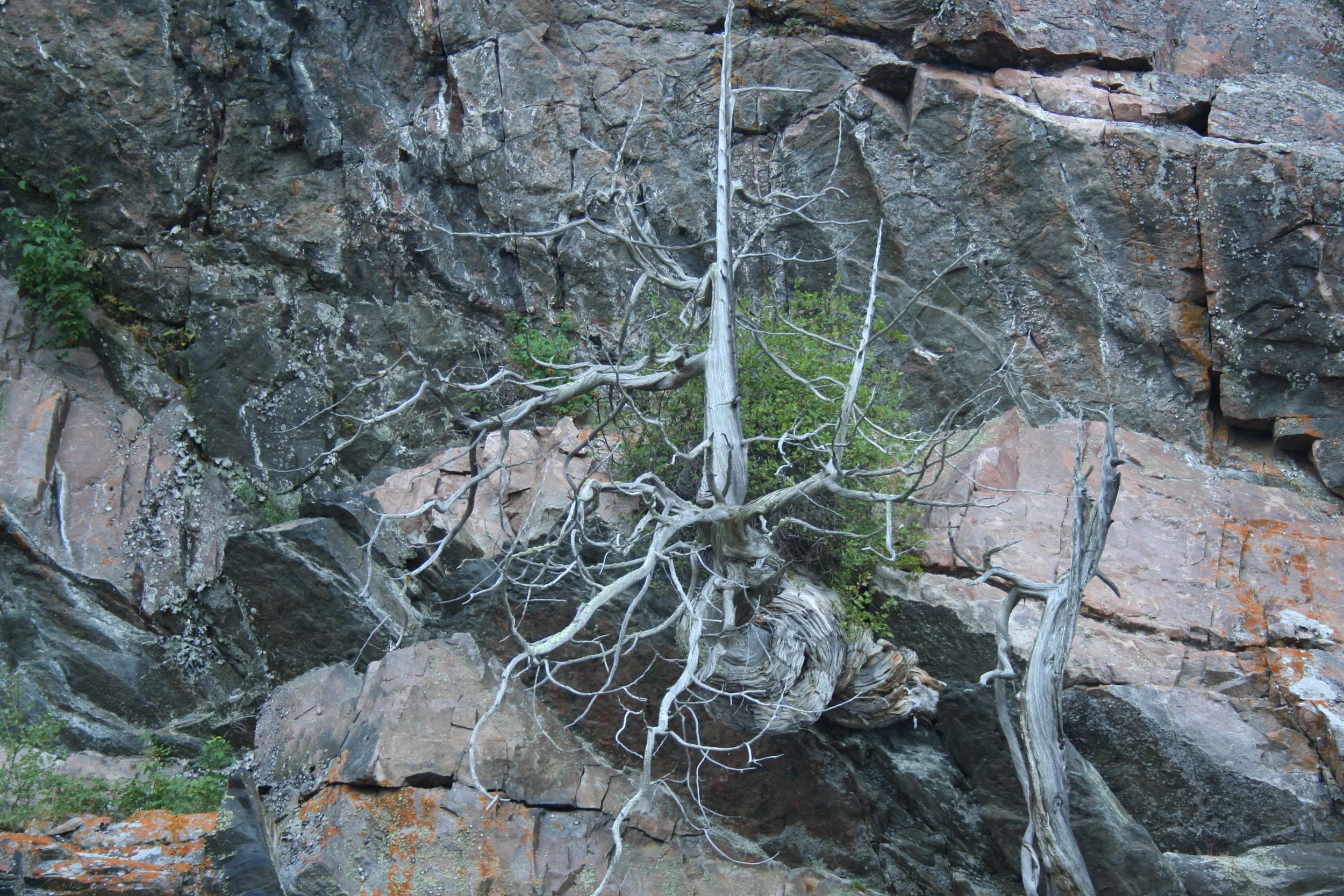Strengthening Culture and Language Capacity
2012 Culture Camp at Mazinawgamig (Bon Echo Park)
Kichi Sìbì Anishinàbeg are working throughout our homeland to restore culture and language competency as a mechanism to develop positive self worth and self esteem as human beings. For most Kichi Sìbì Anishinàbeg it has been a struggle to develop positive identity when most of our lives we have been socialized to think our culture and language is something we should let go of in order to better ourselves and our communities. In spite of those colonial efforts to strip away our intellectual traditions, we have not lost ourselves completely. The fact that we have continually challenged colonial policies over the past thirty-five years about resource extractions illustrates the fact that we have also maintained at least a semblance of our relationships with our homeland. It may not be the same level of participation as our ancestors, but we have done the best that we could do given the circumstances and that fact that until 1959, we couldn't even hire a lawyer according to Canadian law. Under the Indian Act ceremonies and cultural practices and gatherings were also banned, so we are all playing catch up now, dreaming and visioning ways to restore culture, language, and our intellectual traditions as people.
As a community, we have been slowly working to bring back our cultural capacity around Manòmin harvesting, maple, as well as other harvesting practices. Some AAFN members have always gathered Manòmin, and continue to do so. Many others have not and perhaps do not understand the importance of this practice for the survival of the community. Similarly some members have always done maple and have family sugar bushes where they process sap and sugar. Some members have not participated in this practices and also do not realize the importance of this for our survival. One area where the community is strong is in the continuation of hunting, trapping, and fishing practices, yet many members have expressed that they don't know the traditional narratives and ceremonies associated with these practices. These are all areas where we can begin to restore our cultural capacity and intellectual traditions as individuals and as a community.
When it comes to language competency we are in even worse shape because we don't have any fluent speakers and many community members know very little of the language. Given that cultural competency is connected to fluency in language it is hard to imagine that we will ever achieve this if we don't develop and implement a variety of mechanisms for members to engage with language as a part of all the gatherings, events, ceremonies, and activities that we do. Language and culture are intertwined and so we must use them together.

